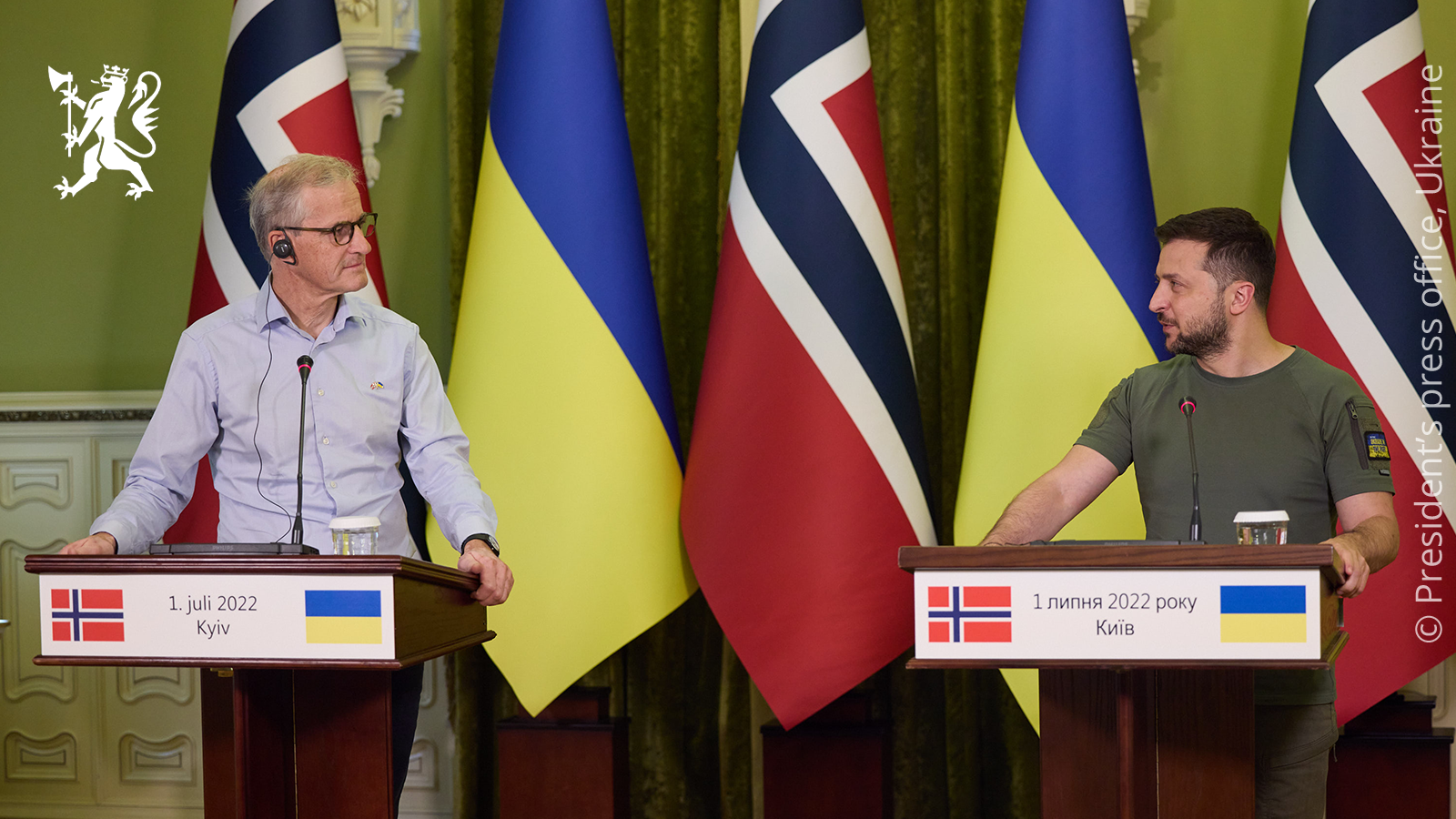Tech
Norway and Canada join UNDP project on electoral support and strengthening democratic resilience in Moldova

Norway and Canada have joined the UNDP project “Strengthening democratic resilience in Moldova”, to be implemented during 2024-2028.
Within this initiative, the Norwegian Agency for Development Cooperation provides US$2,468,613 and Global Affairs Canada $163,037 to improve oversight of political financing, parties, and election campaigns, to strengthen and make electoral institutions more resilient against cyber and information challenges and to boost civic engagement.
The main counterparts of the project are the Central Electoral Commission (CEC) and the Center for Continuous Electoral Training (CICDE), continuing a UNDP initiative implemented from 2017 to 2024 in two phases, with funding from the United States Agency for International Development (USAID), the British Embassy in Chișinău and Netherlands.
“Norway is strongly committed to democratic governance and the rule of law and supports free and fair elections worldwide. We now look forward to bolstering our support in this area to the Republic of Moldova. It is crucial that all citizens, including women, minorities, and people with disabilities, have equal voting access and opportunities to contribute to democratic development. We are pleased that Norwegian funds will strengthen democracy in Moldova,” said Kamilla H. Kolshus, Head of the Norwegian Embassy Office to the Republic of Moldova.
“At UNDP we are delighted that Norway and Canada join this partnership project, which has a history of achievements in making elections processes in Moldova more inclusive and transparent. Going further, we will work to increase citizens’ confidence in democratic processes, to boost civic activism and to make sure women and underrepresented groups have a voice and seat at the table,” noted Daniela Gasparikova, UNDP Resident Representative to the Republic of Moldova.
To consolidate civic education, the project will support organization of thematic town hall meetings, debates, and forums at the local level targeting issues related to democratic integrity. CICDE will be supported to strengthen its digital services offer, including by upgrading its online training and certification platform.
To reinforce public confidence in women’s political participation and leadership, the project will contribute to improving the policy framework, including fighting hate speech. Potential women candidates will access training and mentoring services.
The project will seek development of a new version of the Register of Voters, one of the core modules of the State Automated Information System “Elections” (SAISE) – established with the support of the previous phases of the project. The new version of the voter registry application will leverage new technologies to improve the accuracy of data, enhancing legitimacy of electoral and democratic processes.
The financial control module, developed with UNDP support, will be further optimized. This functionality strengthens CEC’s oversight capabilities concerning political finance, aiming to curb illicit financing and increase transparency.
With continued support from UNDP and partners, the CEC has demonstrated a high capacity to conduct transparent, secure, and well-administered elections (as noted by OSCE/ODIHR observation missions) during electoral cycles, especially the 2020 presidential elections and the 2021 early parliamentary elections, organized during the COVID-19 pandemic and the 2023 general local elections.
Real-time data visualization on voter turnout and preliminary election results – developed with UNDP support – increased transparency and integrity of the electoral process in the 2020 Presidential Elections and 2021 Parliamentary Elections due to the easy-to-see and gender-sensitive web interface accessed by over 2.5 million people.
Information about the location and availability of the polling stations abroad became more accessible due to an online application developed by the project, which was used by 86,700 voters abroad during the 2020 Presidential Elections and over 100,000 voters abroad during the 2021 Parliamentary Elections.
The project developed the curriculums for the optional subject of “Electoral education” for schools and universities. In 2023, nearly 1000 students from 20 schools and over 400 from 5 universities (Chișinău, Bălți, Cahul and Comrat) learned the new subject. More than 34,000 children and 260 teachers took part in the bus campaign “Arci’s Journey to Elections”, conducted during 2020-2023.
Thanks to UNDP-supported voter education campaigns, information about voting processes reached out to approximately 1.2 million people during the 2020 Presidential Elections and by approximately 1 million people during the 2021 Parliamentary Elections.





